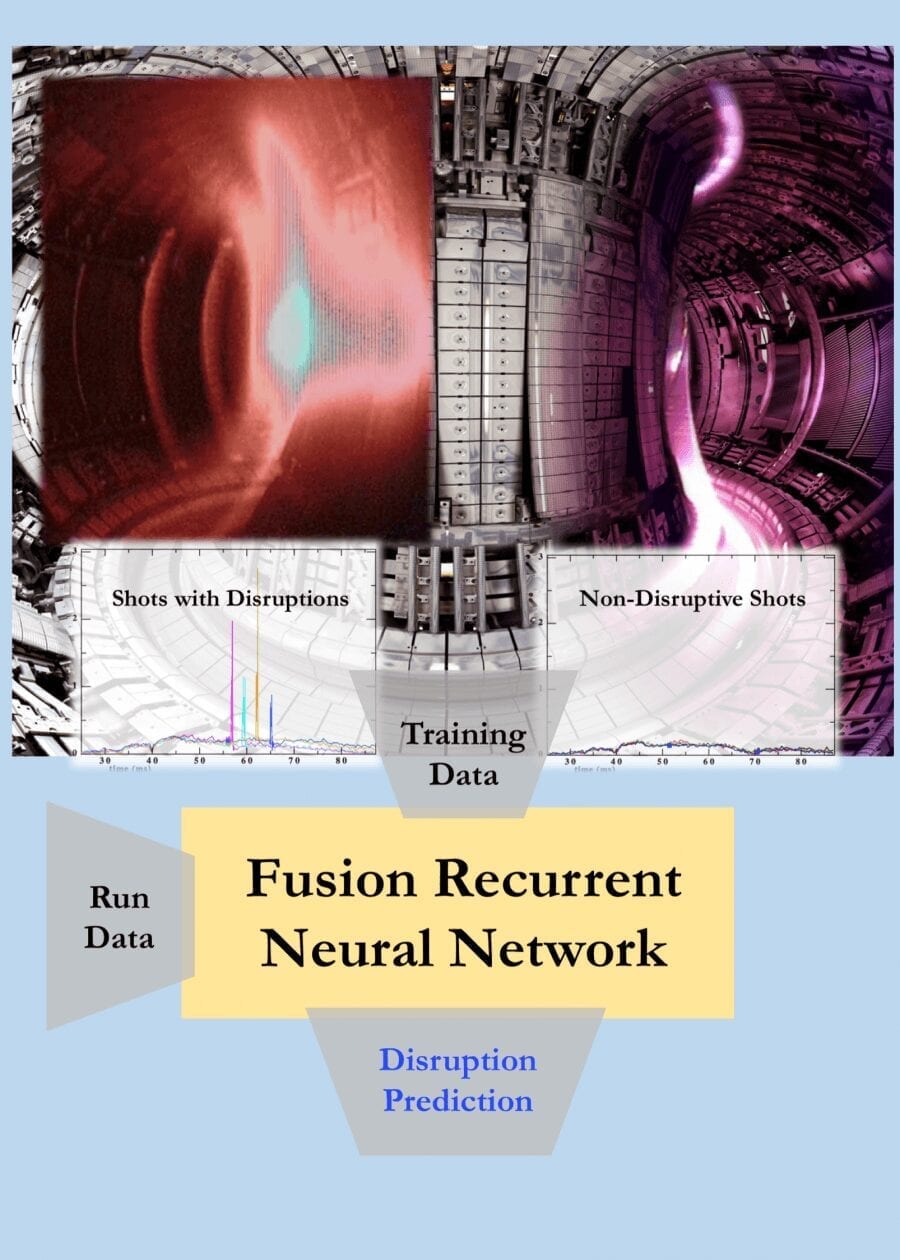
The development of ‘brain-like’ computers has taken a major step forward with the publication of research led by the University of Exeter.
Published in the journal Advanced Materials, the study involved the first ever demonstration of simultaneous information processing and storage using phase-change materials. This new technique could revolutionize computing by making computers faster and more energy-efficient, as well as making them more closely resemble biological systems.
Computers currently deal with processing and memory separately, resulting in a speed and power ‘bottleneck’ caused by the need to continually move data around. This is totally unlike anything in biology, for example in human brains, where no real distinction is made between memory and computation. To perform these two functions simultaneously the University of Exeter research team used phase-change materials, a kind of semi-conductor that exhibits remarkable properties.
Their study demonstrates conclusively that phase-change materials can store and process information simultaneously. It also shows experimentally for the first time that they can perform general-purpose computing operations, such as addition, subtraction, multiplication and division. More strikingly perhaps it shows that phase-change materials can be used to make artificial neurons and synapses. This means that an artificial system made entirely from phase-change devices could potentially learn and process information in a similar way to our own brains.









